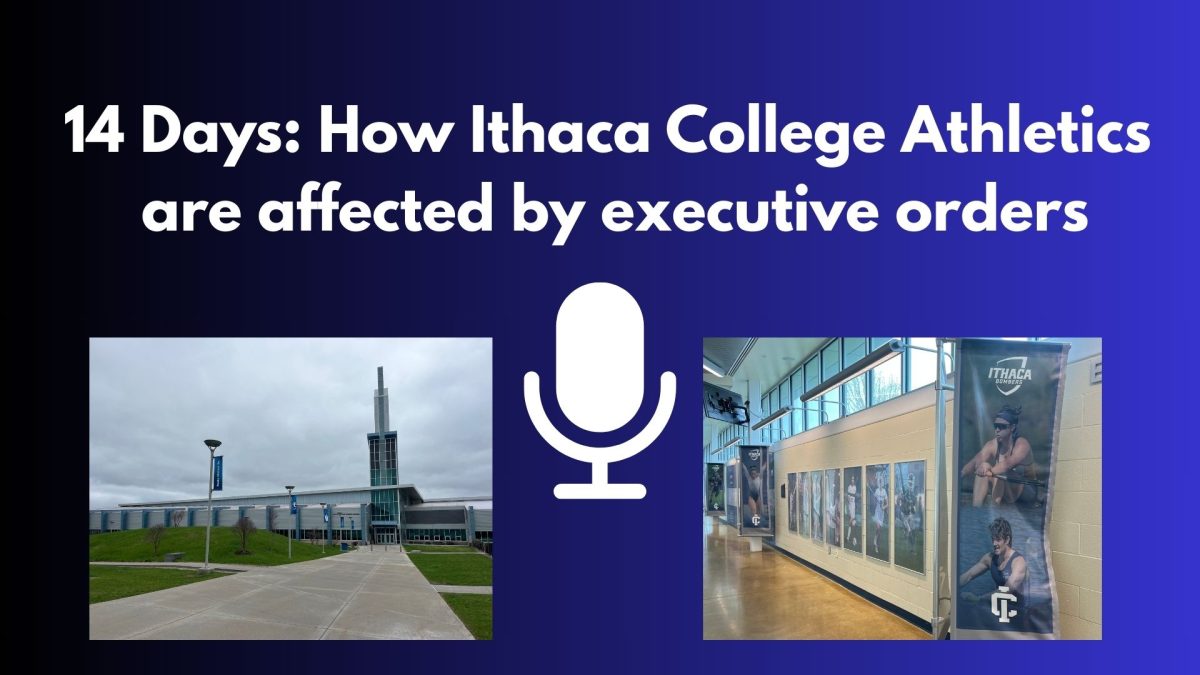Key Points:
- Approximately half of the volunteer firefighters at the Cayuga Heights Fire Department are Cornell University students.
- The Cayuga Heights Fire Department hosted its annual Open House on Oct. 7 to engage with the community and spark more interest in volunteering.

Growing up in California, Cornell University sophomore Boris Botchev spent much of his free time fighting wildfires in the forests and surrounding areas of where he lived.
Upon arriving at Cornell University in 2016, Botchev’s passion for firefighting brought him to the Cayuga Heights Fire Department (CHFD), an all-volunteer department located just north of the Cornell campus.
“Cayuga Heights seemed like a great opportunity to continue my experience in emergency services, to get involved with the local community, and to get to know a lot of different people,” Botchev said.
Botchev is one of approximately 25 volunteers at Cayuga Heights Fire Department who split their time between fighting fires and studying at Cornell. Many students join during their freshman or sophomore years and volunteer through the duration of their studies. Some students go on to volunteer as they pursue graduate study; there are even several alumni who have stayed in the area and continued their commitments to the CHFD.
“It’s a great cross-section between students who might be here for a couple of years for education, and people who might be here for longer,” Botchev said. “It really exposes you to community members who live in Ithaca and Cayuga Heights as a whole.”

Chris Shepherd, a junior at Cornell, is also a firefighter with the CHFD. He lives in the department’s bunk room with six other volunteers, who are always ready to respond to calls. Shepherd has been a part of the department since 2015.
“Being able to balance my schoolwork with firefighting has to do with being a bit more proactive on deadlines,” Shepherd said. “If I’m able to balance my schoolwork proactively, it’s very manageable and I’m able to keep my grades up and be able to serve my community.”
An all-volunteer history
In 1954, the Village Board of Cayuga Heights formed a fire company to serve the community. Since its inception, the Cayuga Heights Fire Department has consisted of men and women who volunteer to provide fire protection for the Village of Cayuga Heights and local Fire District.

Today, the department responds to fire calls and emergency medical calls, averaging around 600 calls per year. Approximately 50 members volunteer with the department, half of whom are student volunteers from Cornell University. According to CHFD Chief George Tamborelle, Cornell has a long history of involvement with the department.
“For as long as I’ve been here, much longer, probably the 1960s or 1970s, the students have been involved in the fire department,” Tamborelle said.
Anyone over the age of 16 years old in the Village of Cayuga Heights and the nearby Fire District is able to volunteer and train to become an active member of the Cayuga Heights Fire Department. Given the dangers and risks associated with firefighting, volunteers must undergo a rigorous training process to become certified and approved to be full members of the department. Completing the required firefighter courses can take about a year, and students are heavily monitored and supervised by officers.
Open House
One of the ways that the CHFD engages with the community and recruits more volunteers is through its annual Open House, an event where families can come learn about the department and participate in activities and demonstrations. The department hosted this year’s Open House on Oct. 7, and offered firetruck rides, fire extinguishing activities and obstacle courses.

Many of the children who attended the event were able to meet and interact with student volunteers, often donning replica firefighter helmets. A Cornell student dressed as Sparky, the department’s Dalmatian mascot, was also available for high-fives and hugs throughout the day.
“When we set up days like this, we see a lot of families come over and over again over the years, and kids grow up with this kind of being a local tradition,” Botchev said. “It really hopes instill this sense that someday, you know, ‘I want to volunteer here, I want to be a part of this department.’”






